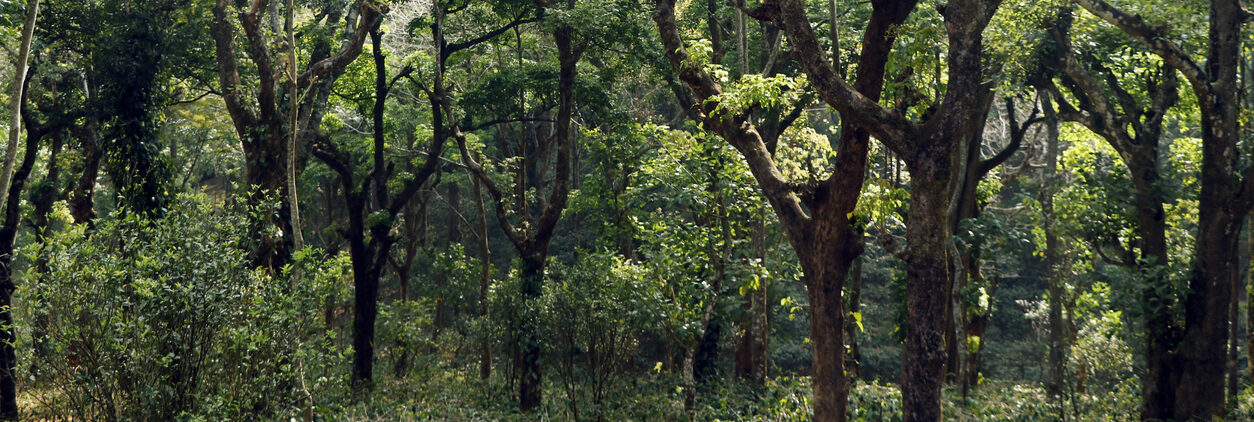
Resilient Forests
Overview
iFOREST’s work on Resilient Forests programme focuses on conserving forests and promoting trees-outside-forest for biodiversity conservation, climate change mitigation and adaptation, and enhancing the use of sustainably produced wood. Our research and interventions particularly address the growing threat of forest fires, which undermine the biodiversity conservation efforts and carbon sequestration benefits of India’s expanding forests and accelerate large-scale degradation.
We conduct in-depth analysis of the drivers of forest fires, with particular attention to unsustainable non-timber forest produce (NTFP) extraction practices such as mahua and tendu collection. The objective of the programme is to enable community-based forest management approaches that reduce fire risks while supporting local livelihoods. We are also working to advance the use of Payments for Ecosystem Services (PES) and carbon finance as a mechanism to incentivise communities to adopt sustainable practices and reduce dependence on destructive activities.
A key pillar of our approach is the use of innovative technologies—including remote sensing, satellite imagery, and GIS tools—to map fire-prone zones, identify vulnerabilities, and co-develop fire management and risk reduction strategies with local stakeholders.
The programme adopts a people-centric approach, aiming to enhance livelihoods, reduce community vulnerability, and lower greenhouse gas emissions. By promoting sustainable practices, creating alternative livelihood options, and testing incentive-based models, we are supporting a transition towards climate-positive forest dependence.
